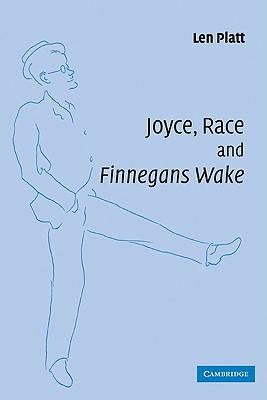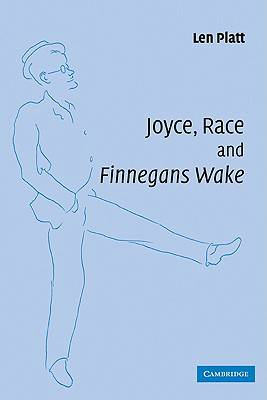
- Afhalen na 1 uur in een winkel met voorraad
- Gratis thuislevering in België vanaf € 30
- Ruim aanbod met 7 miljoen producten
- Afhalen na 1 uur in een winkel met voorraad
- Gratis thuislevering in België vanaf € 30
- Ruim aanbod met 7 miljoen producten
Zoeken
Omschrijving
Len Platt charts a fresh approach through one of the great masterpieces of twentieth-century literature. Using original archival research and detailed close readings, he outlines Joyce's literary response to the racial discourse of twentieth-century politics. Platt's account is the first to position Finnegans Wake in precise historical conditions and to explore Joyce's engagement with European fascism. Race, Platt claims, is a central theme for Joyce, both in terms of the colonial and post-colonial conflicts between the Irish and the British, and in terms of its use by the extreme right. It is in this context that Joyce's engagement with race, while certainly a product of colonial relations, also figures as a wider disputation with rationalism, capitalism and modernity.
Specificaties
Betrokkenen
- Auteur(s):
- Uitgeverij:
Inhoud
- Aantal bladzijden:
- 224
- Taal:
- Engels
Eigenschappen
- Productcode (EAN):
- 9780521120340
- Verschijningsdatum:
- 1/10/2009
- Uitvoering:
- Paperback
- Formaat:
- Trade paperback (VS)
- Afmetingen:
- 152 mm x 229 mm
- Gewicht:
- 335 g

Alleen bij Standaard Boekhandel
+ 144 punten op je klantenkaart van Standaard Boekhandel
Beoordelingen
We publiceren alleen reviews die voldoen aan de voorwaarden voor reviews. Bekijk onze voorwaarden voor reviews.











